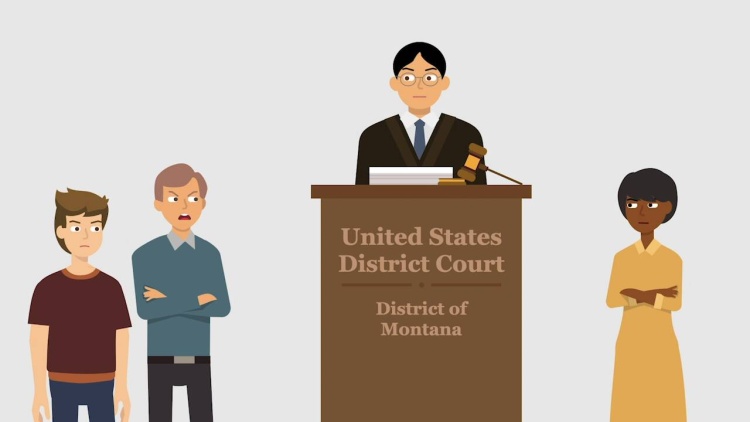Phillips v. General Motors Corp.
Montana Supreme Court
298 Mont. 438, 995 P.2d 1002 (2000)

- Written by Denise McGimsey, JD
Facts
In 1995, Darrell Byrd purchased a used truck that was manufactured in Michigan by General Motors Corp. (GM) (defendant). Byrd bought the truck in North Carolina, where he and his family may have resided at the time. In 1997, Darrell, his wife Angela, and their two sons, Timothy and Samuel, were driving from their home in Montana to visit relatives in North Carolina when they were in an accident in Kansas. The truck caught fire. Darrell, Angela, and Timothy all died; Samuel was injured. Alvin Phillips (plaintiff), acting as Samuel’s guardian and representing the estates of Darrell, Angela, and Timothy, filed a product-liability action against GM in a federal district court in Montana. Phillips resided in North Carolina, as did Samuel after the death of his parents. Montana had no established choice-of-law rule for tort cases. Thus, in considering which state’s law to apply, the federal district court certified three questions to the Montana Supreme Court: (1) Would Montana apply the most-significant-relationship test from the Restatement (Second) of Conflict of Laws (Restatement)? (2) Which state’s law should be applied to the case? (3) Would Montana recognize a public-policy exception so as to require application of Montana law regardless of the court’s choice-of-law analysis?
Rule of Law
Issue
Holding and Reasoning (Regnier, J.)
What to do next…
Here's why 899,000 law students have relied on our case briefs:
- Written by law professors and practitioners, not other law students. 47,000 briefs, keyed to 994 casebooks. Top-notch customer support.
- The right amount of information, includes the facts, issues, rule of law, holding and reasoning, and any concurrences and dissents.
- Access in your classes, works on your mobile and tablet. Massive library of related video lessons and high quality multiple-choice questions.
- Easy to use, uniform format for every case brief. Written in plain English, not in legalese. Our briefs summarize and simplify; they don’t just repeat the court’s language.





